

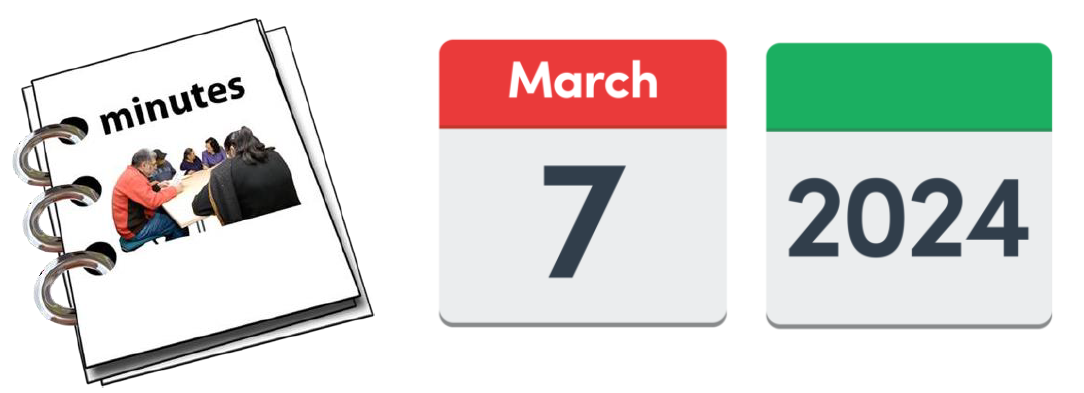



Jim Elder-Woodward
Chloe McKee
Gordon Mckee
Christine Mercer
Justina Oguguo
Martha Shortreed
Stuart McCabe
Andy Higgins
Joan Turner
Nic Reid
In Attendance
Finbarr Fitzpatrick
Steven Hanlon (Scottish Government)
Jack Blaik (Scottish Government)
Ms Maree Todd (Minister - Scottish Government)
Sam Burns (Minister's Aide - Scottish Government)
ILF Scotland Staff
Lee House
Linda Scott
Karen Burnett
Robert White
Harvey Tilley
Catherine Symington

Julia Smith

Jim Elder-Woodward welcomed everyone to the meeting.
Everyone agreed to Lee recording the meeting.

The minutes of the last meeting were agreed.
Lee will give them to the communications team so they can put them on the website.

1. Linda and Peter will talk about contingency funds and make it clear to the group when they can be used.
A contingency fund is money that is put aside to cover unexpected costs.

2. Lee to share the presentation from Finbarr Fitzpatrick to the group - this action has been done.
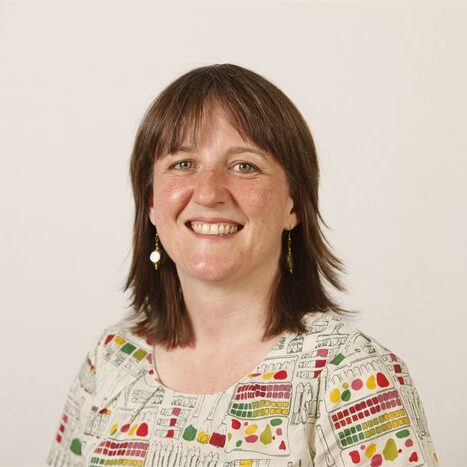
Linda introduced the Minister, Ms Maree Todd to the Advisory Group and asked each member to introduce themselves.

The Minister Maree Todd said how pleased she is that the 2015 fund is reopening.
There was a Group discussion on the National Care Service.

The Minister said she understands and hears the voices of lived experience.
Lived experience means what people know based on the things they have experienced.
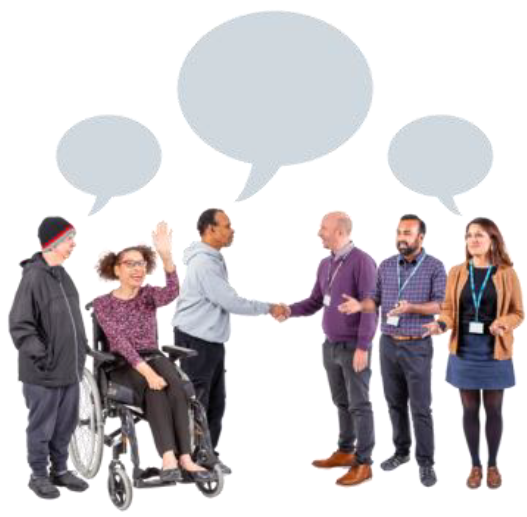
The Minister confirmed that the National Care Service will be co-designed with people with lived experience.
Co-design means that everyone taking part has the same level of power and is involved in making decisions.

She is confident that this:
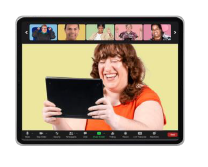
Linda said the engagement events are now complete.
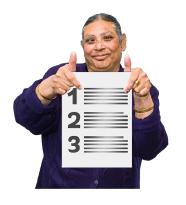
The Co-Production Working Group considered the information from these events, when they made their recommendations to the Minister.
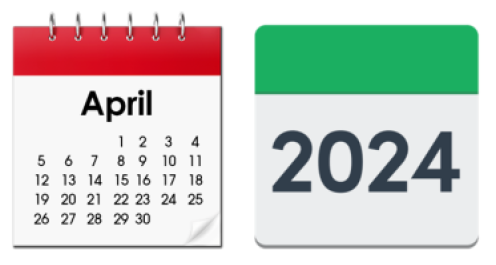
The fund will reopen in April 2024.

Linda said that most of the policies from the 2015 fund will be the same.
ILF Scotland have suggested changes to 8 policies.

ILF Scotland will work together with local councils when the fund re-opens.
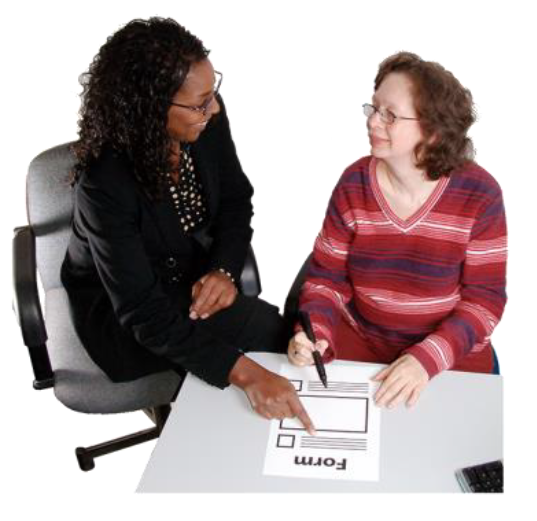
Robert said there can be up to 1 thousand applications to the Fund.
This will be shared proportionately across the 32 local councils.
This means that larger council areas can have more applicants than smaller areas.

Robert said the re-opened fund should make it easier to get self-directed support across Scotland.
Self-directed support gives people more choice and control of their care and support services.

The re-opening will focus on being person led - this means the person is supported to lead their own care and is treated as a person first.
The focus is on the person and what they can do, not their condition or disability.

Martha is worried that local councils may not be able to support all the new applications when the fund re-opens.

Linda said the Working Group will consider people being able to make their own application in the second year.

Stuart asked if ILF Scotland would put videos and information about the re-opening on the website.
Linda said we will be sharing links to other information on the website.

Linda said the average ILF Scotland weekly award for someone getting social work support was 1 thousand pounds or more.

The Co-Production Working Group considered this when thinking about the threshold sums for applications to the reopened Fund.

Linda talked about the Available Income Contribution Policy.
When ILF Scotland inherited the fund from ILF UK, the contribution was 103 pounds.
It reduced to 83 pounds and is now 43 pounds a week.
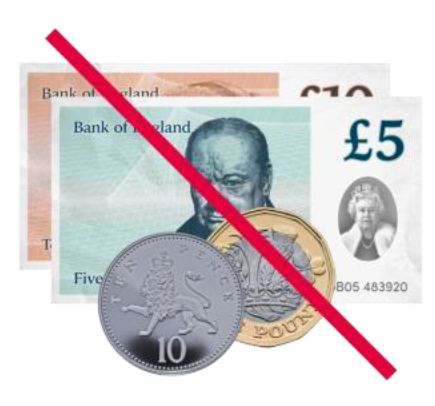
The Advisory Group has campaigned hard to make sure there will eventually be no contribution.
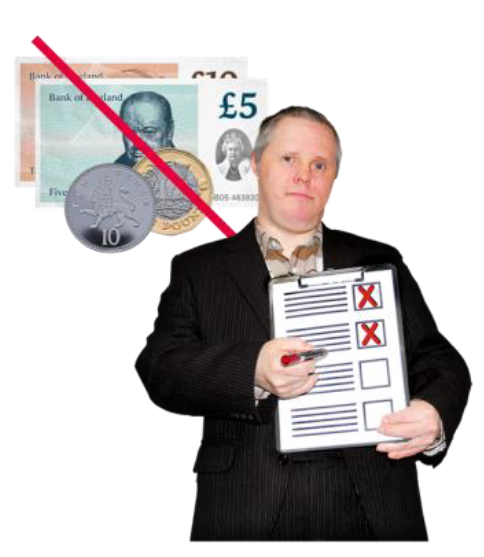
The Advisory Group are worried that the re-opened fund will open with no charge.
This would be unfair for recipients who got money from the 2015 fund.

Andy said the cost-of-living crisis is affecting many people and they cannot afford to pay a contribution.
He asked if ILF Scotland could stop this charge until the economy has improved?

The Minister would love to stop this charge but the Scottish Government:
The Minister knows this would make a big difference to ILF recipients.

Gordon wanted to raise some points on behalf of Chloe:

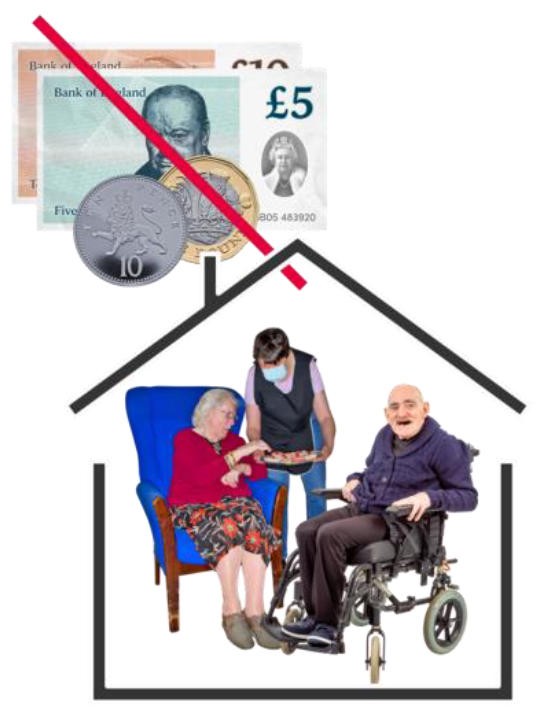
The Minister said she appreciates the Group explaining the extra costs they have in daily life.
There is a commitment in this term of Parliament to remove care charges for people who do not live in a care home

There is a lot of work happening between the Scottish Government and COSLA to agree how to do this.
The Minister committed to progress on this and said that ILF Scotland charges would be included.

Stuart asked the Minister if they can approach the UK Government in Westminster to ask for extra funds to fill the gap until there is an agreement on the available income contribution.

The Minister said that although the relationship with Westminster is not very good, they still try to work closely to make a real difference in Scotland.

The Minister hopes that if there is a change of government in Westminster that there may be a chance to make life better for people with disabilities in Scotland.

Linda said that both Groups will be joining each other in Scotland.
The event will show the difference ILF Scotland can make to recipients.

Stuart said how important ILF Scotland is to his life and that it makes sure he stays independent.

The Minister said the development of the National Care Service will listen carefully to the voices of people who get and give care.

The Minister said she is really looking forward to going to the event at Holyrood.
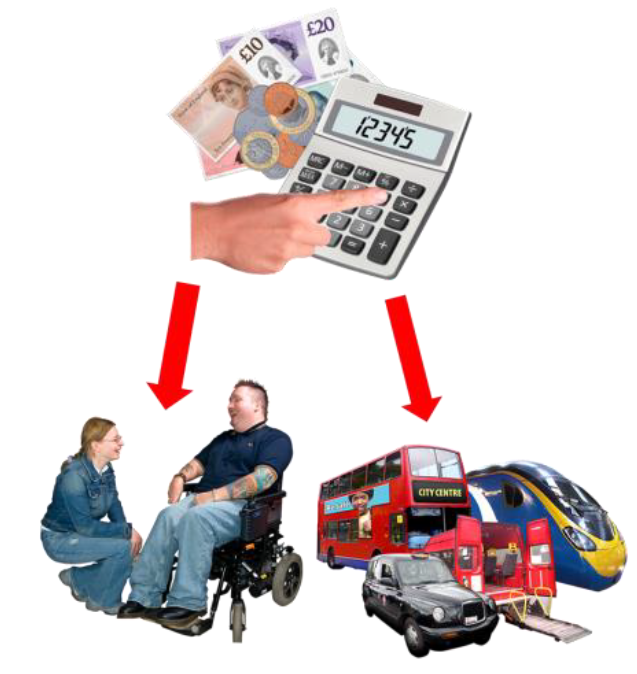
Linda said that ILF Scotland knows how expensive it can be to be active and socialise in the community with extra costs like:

Robert and Sandra explained what contingency funds can be used for.

Sandra said ILF Scotland Assessors will always make sure all bills and wages are paid before looking at excess money - money that has not been spent.
Excess money would be given back to ILF Scotland.

Up to one week of ILF Scotland funding can be used as a contingency.

It can be used flexibly for anything that supports recipients to achieve their independent living outcomes, for example:

A social return on investment (SROI) looks at the benefits of a project that are not just about money.
For example it could support people’s wellbeing, or help people to be treated fairly.

Northern Ireland had an SROI report in 2019 to 2020 sponsored by the Northern Ireland Stakeholder Group.
Emma did interviews with recipients.

Finbarr used ways to check the difference that ILF Scotland funding made to people’s lives.

The SROI report gave the difference a value in money.
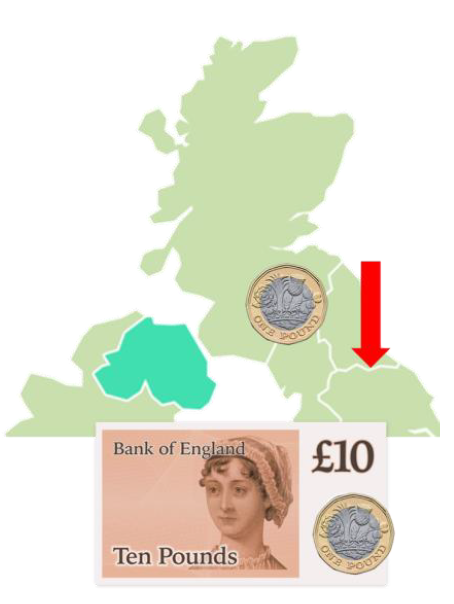
For every 1 pound spent on awards in Northern Ireland it gave back a social investment of almost 11 pounds.

The work was done again this year and the social return on investment figure has gone up to 13 pounds.

The same exercise was done in Scotland, and the social return on investment figure was between 12 to 13 pounds for every 1 pound spent on award funding.

This information will be shown at the Joint Stakeholder Event at Holyrood and reports will be sent to this Group.

There was nothing else we needed to talk about.
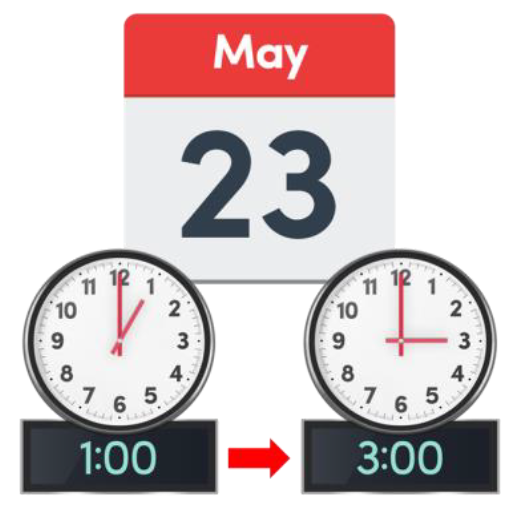
The next meeting will be on 23 May from 1 to 3pm on Zoom
Copyright images © Photosymbols. Prepared by Disability Equality Scotland
